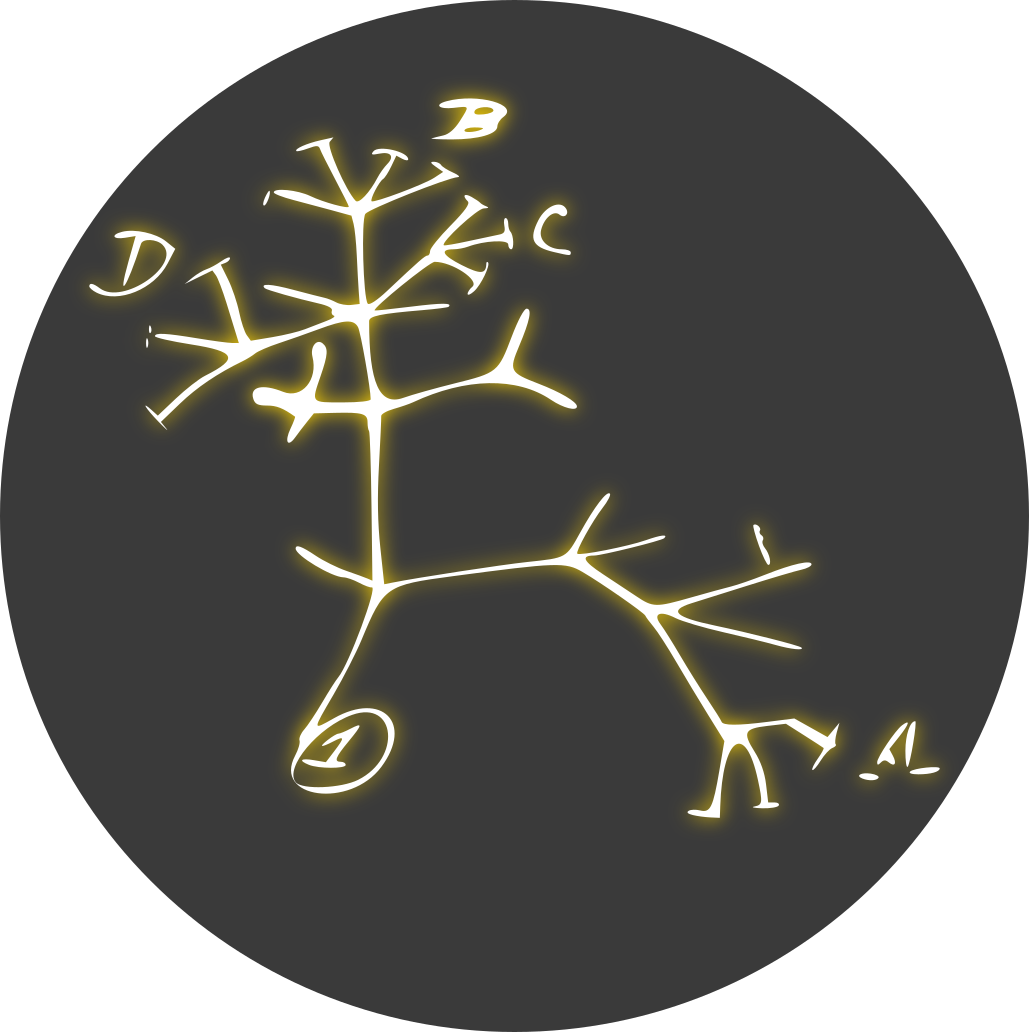Salamander
- 22 Posts
- 19 Comments

 3·4 months ago
3·4 months agoI find it satisfying to see the graph come down :)

 5·4 months ago
5·4 months agoYes, sorry, there was some serious lagg in fetching posts from Lemmy World that persisted for several days and accumulated a 1-week delay.
But after upgrading Mander it is now fetching data from LW quite rapidly and it should be back in-sync in about a day and a half from now.
If you are curious about the ranking algorithm, there is some info here: https://join-lemmy.org/docs/contributors/07-ranking-algo.html
Ah, cool! I got my 4 devices today and I have managed to play with them a bit. They are pretty cool! I was able to walk over to a park near my house and spoke with people across the world with no data in my phone :D
I ordered four of the simpler devices this weekend (LilyGO T3-S3 LoRa 868MHz - SX1262) and I have been reading about antennas.
Since I live in a city I am not super optimistic about the range. But I am still very curious about the concept, and I would love to be surprised.
After doing some search about antennas, I have decided to test the following combination:
-
3dBi 868MHz ISM Band Dipole Terminal Antenna for the LoRa that stays at home:
-
Sighunter 868 MHz to bring with me.
I also have a vector network analyzer (LiteVNA) that can be used for checking antennas, so I will also try to build some antennas myself. I doubt that my custom antennas will approach the performance of the professional ones… But I just find it such a cool concept.
Have you already gotten to play with it? What is your experience so far?
-
Sure.
If I make my own AI image generator and create a nice image with it, or use some AI engine that gives me full ownership of the output, I can choose to share it online with whatever license I want to share it with. I don’t see why the regular copyright rules for digital images and photographs would not hold… If someone shares their AI creation online and wants others to share with attribution, or not share at all, what is wrong with that?
I can take a ton of photos of objects with my phone, upload them to Flickr, and they are all copyrighted. That doesn’t mean that other’s can simply take similar photos if they wish to do so. The same with AI. One can decide whether to share with attribution, pay someone to let them use it, or to generate the image themselves using AI. It does not seem like a problem to me.
I wiped all my data from a supercomputer by trying to ‘cd’ into a folder but making a typo and then running
rm -rvf *from my home directory.At least they kept backups… The system administrators were probably amused about who gets access
My girlfriend kept complaining about losing her hearts on Duolingo and I was very confused as I never had any “hearts” during regular lessons. Eventually I found out that since I had created a classroom while exploring the site, I was given access to a teacher version of Duolingo - which is basically a free premium version 😅

 1·1 year ago
1·1 year agoWoah. That is a lot sooner than I had anticipated.

 1·1 year ago
1·1 year agoYeah, I still see the line now. I am not sure if this was a one-off, maybe the edit occurred when I rebooted the instance for a moment and the edit fell through the cracks… Or there might be an actual issue federating edits.

 1·1 year ago
1·1 year agoI think you left this line behind by accident:
l = Lemmy(INSTANCE_URL)

 3·1 year ago
3·1 year agoWoah, that’s new to me. And sounds very illegal. Are these reports credible?
EDIT: I found a discussion on the topic here, which presents some alternatives to explain why the comments appeared to be restored: https://kbin.social/m/RedditMigration/t/34112/Heads-up-Reddit-is-quietly-restoring-deleted-AND-overwritten-posts-and
I will give Reddit the benefit of the doubt because even though they are acting pretty badly, restoring user-deleted comments sounds to me like an even higher level of incompetence.

 4·1 year ago
4·1 year agoExactly. I really enjoyed posting on reddit, but the idea that they see our comments as a trove of data to monetize at the expense of the community that created it really makes me never want to contribute again. Too bad I made the mistake of not deleting all of my comments or replacing them with junk when deleting my account :/

 25·1 year ago
25·1 year ago“Reddit represents one of the largest data sets of just human beings talking about interesting things,” Huffman said. “We are not in the business of giving that away for free.”
🤮
You can create a one-person instance and hold your identity there.
If you what you want is for every server to hold your identity, you have to trust all servers. I think that an evil admin would be able to impersonate any user from any instance if that were the case. How do you delete your account? Can an any admin delete your account everywhere? Which one is the real “you”?
Thank you! I will look into cloudfare, what people say about it, and what resources are necessary to avoid DDoS attacks without it!
Better delivery and avoids exposing your IP via emails, although it’s best to setup a some sort of tunnel to avoid having that problem altogether.
Is it possible to have a public-facing instance without exposing your IP? I am not sure I understand that part, and I am very interested in understanding how to achieve that.
consider using an email delivery service like jetmail instead of sending mail directly from the instance
Why is this better? To overcome spam filters, or is there some security risk associated with e-mails?

 0·3 years ago
0·3 years agoI looked through the git, it was removed here: https://github.com/searx/searx/pull/2566
It appears that Yandex would respond to requests with a captcha and they were unable to fix it, so they removed it.






















I did not know of the term “open washing” before reading this article. Unfortunately it does seem like the pending EU legislation on AI has created a strong incentive for companies to do their best to dilute the term and benefit from the regulations.
There are some paragraphs in the article that illustrate the point nicely:
Thank you for pointing out Grayjay, I had not heard of it. I will look into it.